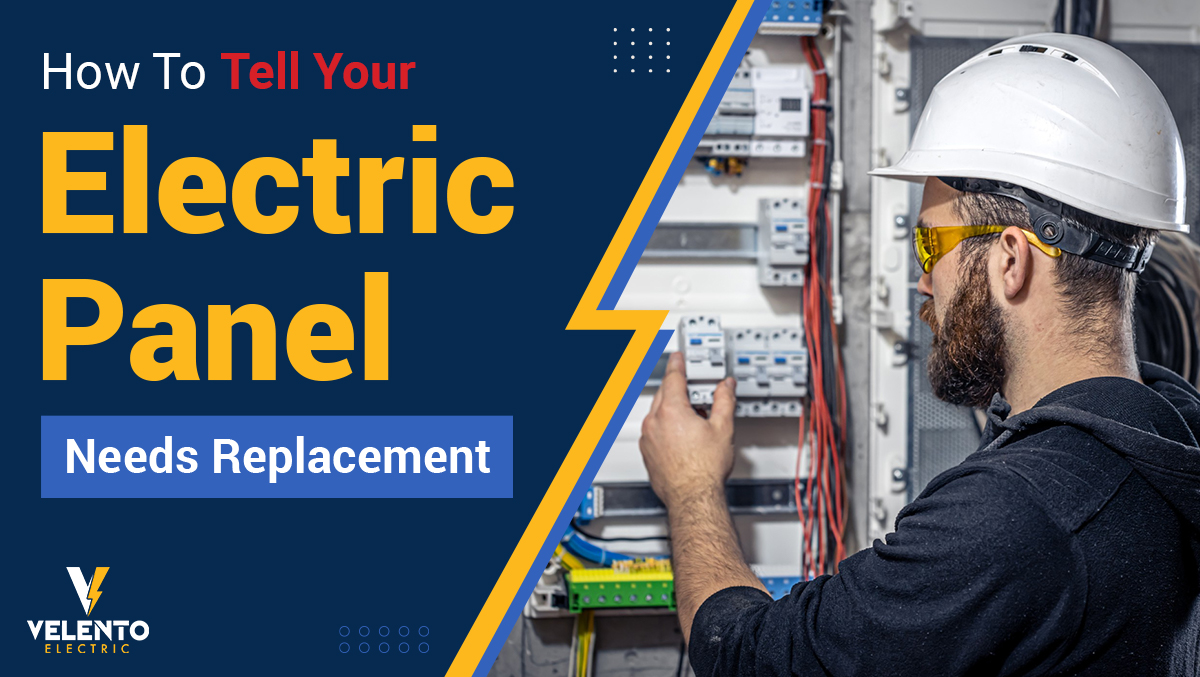We Are an Electrician Company In North Jersey
Our experienced team offers services for both residential and commercial properties.With over 25 years of experience in the industry, we boast all of the knowledge and expertise in repairing.
Our experienced team offers services for both residential and commercial properties.With over 25 years of experience in the industry, we boast all of the knowledge and expertise in repairing.
Working Hours : Monday to Friday (9am - 5pm)

If you notice any of these signs, it’s crucial to have a licensed electrician inspect your electrical panel to determine if replacement is necessary for the safety and functionality of your home’s electrical system.
Selecting the right electrician to change your electric panel is crucial for ensuring the safety and reliability of your home’s electrical system. Here are some steps to help you choose the best electrician for the job:
By considering these additional factors and conducting thorough research, you can confidently select the right electrician to change your electric panel and ensure the safety and functionality of your home’s electrical system.
When changing your electric panel, also known as an electrical service panel or circuit breaker panel, several important factors should be considered to ensure the safety, efficiency, and compliance of your home’s electrical system:
By considering these additional factors and planning ahead, you can ensure a smooth and successful electric panel replacement that meets your needs and enhances the safety and functionality of your home’s electrical system.

